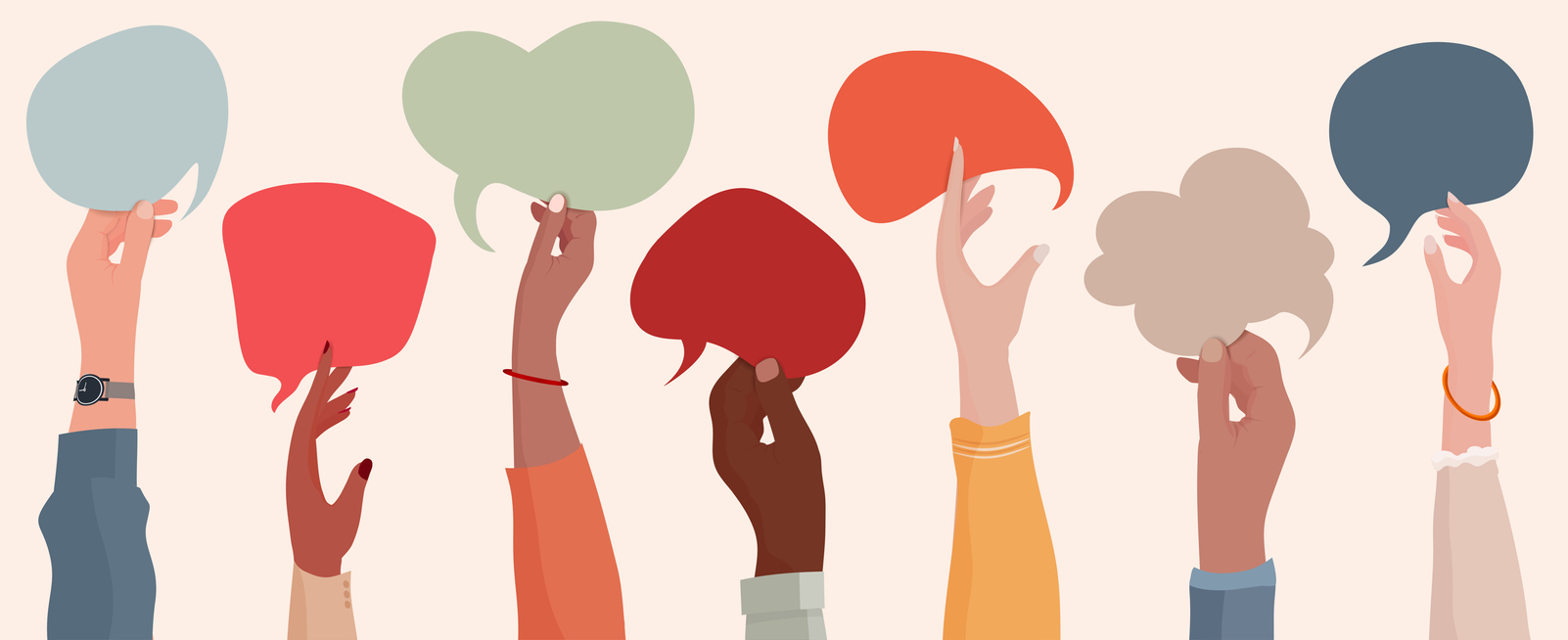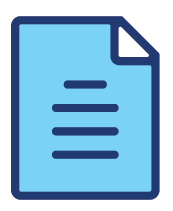We’d love to hear from you

Subscribe to Catalyst
Subscribe to get our magazine delivered right to your inbox
Related Articles
Subscribe to Catalyst
Subscribe to get our magazine delivered right to your inbox
Related Articles
COVID spurs need for fresh input to better serve people in Canada
The Mental Health Commission of Canada (MHCC) is always looking to improve the tools and resources we create to support front-line care providers, policy makers, and those who use mental health services. So, to help us build on the work we do to support people in Canada, we’re inviting you to respond to a short survey.
Your feedback is especially important this year because of the pandemic, which has challenged us to move outside our typical wheelhouse. While we usually create information and tools that support system-level change, the sudden need for credible, reliable mental health information gave us an unexpected new challenge.
When COVID hit, and people started to isolate at home, our followers on social media began sending us questions. Questions about media consumption and its impact on mental wellness, questions about how to listen effectively and with compassion, questions about how to navigate living in an abusive home.
In response, with the support of our rich and varied network of experts, our newly created COVID-19 Resource Hub quickly began filling up with an array of tip sheets and other resources.
“What we’ve seen in recent years has been the flourishing of incisive, enterprising, and award-winning longer-form journalism that has taken the discussion of suicide much deeper, to considerable public benefit,” said Cliff Lonsdale, who led the editorial team responsible for the guide’s content. “But the journalists doing that work often had little relevant guidance to help them choose ethical approaches for the different kinds of stories they were telling.”
The revised suicide chapter includes recommendations to help journalists go beyond reporting individual incidents and dig deeper into causes, higher-risk populations, policy shortcomings, and protective factors — while emphasizing the importance of context and independent judgment.
The power of language
The guide also reinforces the media’s power to shape the public lexicon by using non-stigmatizing language. For example, journalists (along with the rest of us) should opt for “died by suicide” as opposed to “committed suicide,” which attributes a value judgment to the act and suggests moral or legal wrongdoing.
“Writing about mental illness in all its richness, and with all its challenges, need not cause stigma,” notes Globe and Mail health columnist André Picard in his foreword to the guide. “Rather, it provides us with a rare chance to bring about meaningful social change alongside a golden opportunity to better journalism.”
Delve deeper into the materials covered in the guide, with resources that include case studies and video clips, at the Mindset website.
The Catalyst newsletter also became a vehicle for sharing practical mental health information, with articles ranging from how to hone one’s resiliency to expert advice on supporting the mental wellness of caregivers.
Our goal has been to provide relatable, thoughtful content to as many people as possible, reinforce the importance of help-seeking behaviours, and remind people that there are many ways to access free mental health supports.
Because we benefit from the advice and input of grassroots stakeholders, who see different gaps and needs, we’d love to hear from you. Thank you in advance for responding to our survey.




